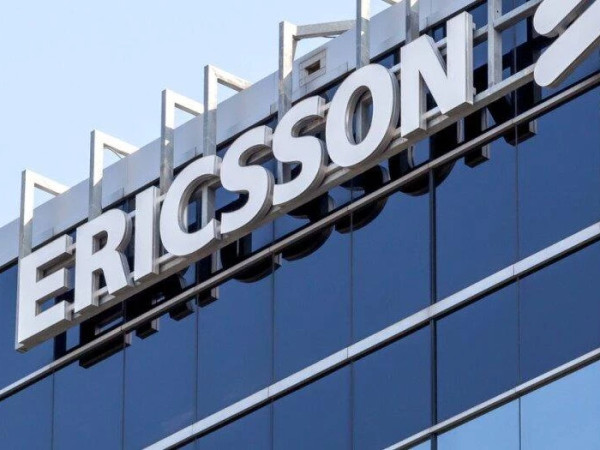The Swedish economy has withstood the second wave of infection relatively well, supported by extensive economic policy measures. Vaccinations are now underway in many countries and despite continued uncertainty, the conditions for a rise in demand will be favorable when the spread of infection and restrictions are reduced.
To facilitate the recovery and help inflation rise towards the target, monetary policy needs to remain expansionary. Sweden’s Central Bank (Riksbank) is therefore continuing to purchase assets within the envelope of SEK 700 billion. The repo rate is being left unchanged at zero per cent.
According to the recent report of Riksbank, the pandemic has not released its grip on economic developments. In Sweden, as in other countries, several service industries are still under severe pressure as households have not consumed as normal during the crisis. Overall, however, the economy has been more resilient to the second wave of the pandemic than to the first. Vaccinations are now underway.
As soon as the spread of infection decreases and restrictions are lifted, households are expected to return to more normal patterns of consumption, which will create favorable conditions for a rise in demand. However, the extent of the crisis means that it will take until 2023 before inflation is close to the target of 2 per cent more permanently.
Economic developments in 2021 will be largely determined by how quickly and effectively vaccinations reduce the pandemic.
The measures taken by the Riksbank since the outbreak of the crisis have mitigated the economic downturn, stabilized the financial conditions and helped keep down interest rates to households and companies in a time of uncertainty. Without the Riksbank’s measures, the crisis would have been both deeper and more prolonged. However, extensive monetary policy support is still needed to facilitate the recovery and help inflation rise towards the target. The Riksbank is therefore continuing to purchase assets within the envelope of SEK 700 billion and to offer liquidity within all the programs launched in 2020.
The Executive Board has now decided how the purchases will be distributed among the various assets during the second quarter of 2021. The Executive Board’s current assessment is that the envelope for asset purchases will be fully utilized by the end of 2021 and that the size of the holdings will be maintained on this level at least during 2022. The Executive Board has also decided to hold the repo rate at zero per cent and it is expected to remain at this level in the years to come.
“Extensive economic policy support will be needed for a long time, from both fiscal and monetary policy,” reads the statement of the Riksbank, adding that the Bank will continue to formulate monetary policy so that it supports the recovery and inflation as long as necessary. Asset purchases and measures to promote lending in the economy will continue to be important tools. It is also entirely possible to cut the repo rate, particularly if confidence in the inflation target were under threat. The combination of appropriate monetary policy measures is constantly evaluated and adjusted to economic developments.















